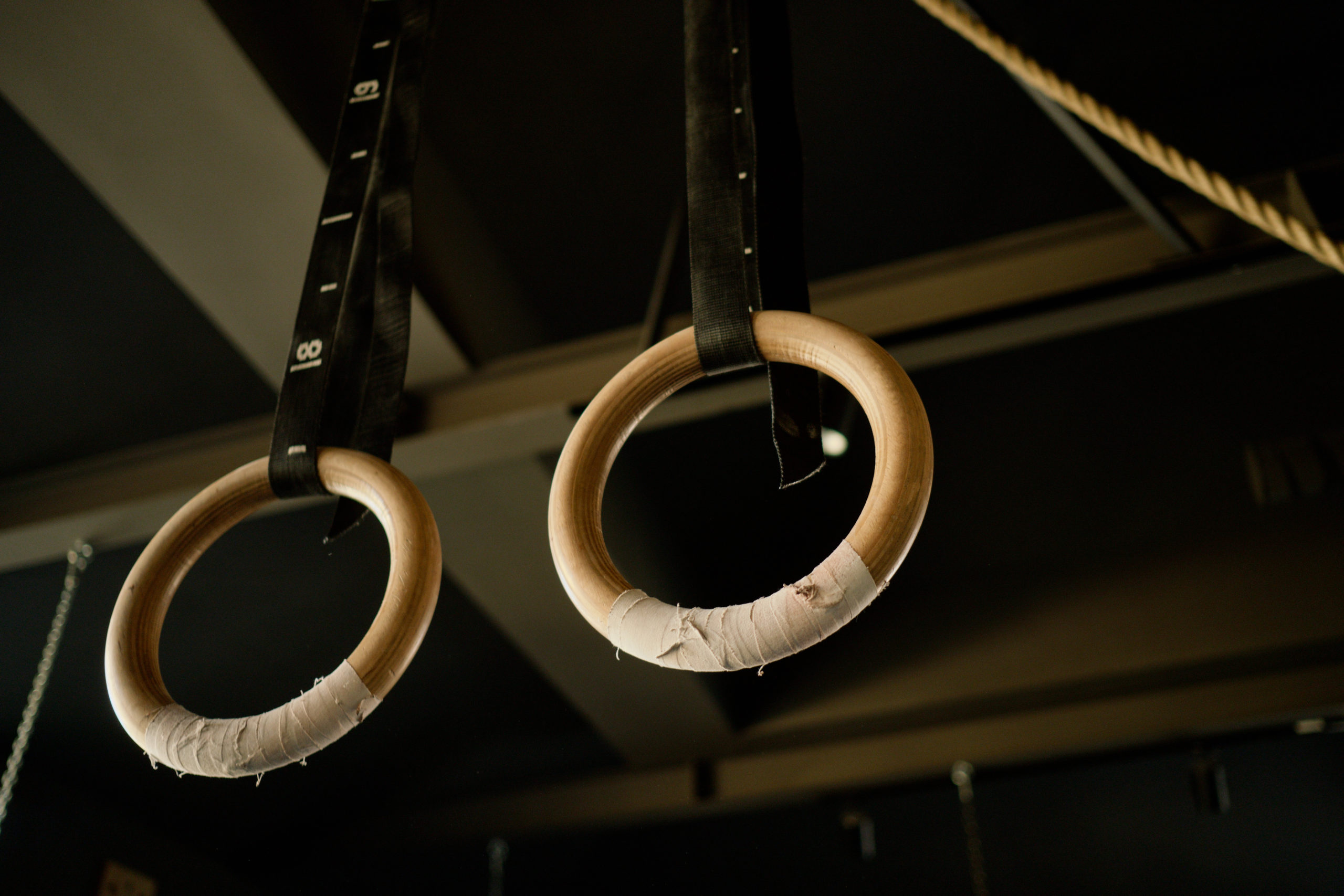Not many women in sports are given a platform. Even though women account for 40% of all sports participation, UNESCO reports that they only receive 4% of sports coverage when no major sporting events take place. The lack of credit given to female athletes makes it all the more remarkable when women in sports use their status to advocate for real world issues. From Naomi Osaka’s stand against racism to Allyson Felix’s call for companies to support pregnant athletes, here are some of the most important conversations today’s female athletes are promoting.
1. Ewa Brodnicka: On Charity
The World Boxing Organization’s current female super featherweight titleholder Ewa Brodnicka uses her platform to promote involvement in charitable organizations. In an interview, Brodnicka stressed that public figures should use their high profiles to promote causes to larger audiences. In Brodnicka’s belief, contributing to charitable causes can make individuals feel like valuable members of society, which then leads to a deeper sense of meaning.
2. Naomi Osaka: On Racism
Tennis superstar Naomi Osaka has always been vocal about racism. In 2019, the two-time Grand Slam champion surprised the world by revoking her American citizenship to represent Japan, Osaka’s country of origin, in the Tokyo 2020 Summer Olympics. Osaka’s interview with the Wall Street Journal reveals that the decision stemmed from Osaka’s resolve to give a platform for the underrepresented mixed-race residents of Japan.
According to Osaka, mixed-race individuals living in Japan are often the victims of microaggressions. Osaka also believes that, unlike America, racial discrimination in Japan stems from a place of ignorance rather than hate. Her presence as Japan’s representative in the Olympics pushes for greater awareness of black and mixed-race identities in Japan.
3. Simone Biles: On Mental Health
At just twenty-four years old, Simone Biles holds the record for being the most decorated gymnast of all time, boasting a combined total of thirty-two Olympic and World Championship medals. The four-time Olympic gold medalist was expected to break more records at the Tokyo 2020 Olympics, but Biles surprised all when she publicized her decision to withdraw from all major sporting events.
Though the move was met with criticism from media and internet trolls, SymptomFind notes that her departure also started many important conversations about mental health. Biles shared that her mind and body were not “in sync.” Thus, pushing through the stunts demanded by Olympic-level competition meant putting her life at risk, stressing that protecting mental health plays a key role in protecting physical safety.
4. Allyson Felix: On Pregnancy
After ending her partnership with Nike in 2017, Olympic sprinter Allyson Felix has been continuously vocal in her criticisms against the sneaker brand’s hypocrisy. Just recently, Nike attempted to recruit Felix for a female empowerment advertising campaign, a move Felix called “tone deaf” due to the brand’s history of failing to support pregnant women.
Felix details her experiences with Nike in a 2019 opinion piece for the New York Times, where she shares that she signed with the brand in 2010, company leadership sold her on their partnership by promoting their female-focused initiative the Girl Effect. According to Felix, Nike claimed that their endorsement deal would allow her to better promote women empowerment. And yet when Felix negotiated her contract renewal in 2017, Nike cut her pay by 70% when she got pregnant, despite her many requests for maternity protection.
Following the public outcry from Felix’s statement, Nike has since changed its maternity policy for all partner athletes. Under the new contract, pregnant athletes are guaranteed pay and bonuses for 18 months.
5. Lindsey Vonn: On Body Positivity
Throughout her competitive skiing career, three-time Olympic medalist Lindsey Vonn received many unsolicited critiques about her body. Vonn, a longtime advocate of body positivity, said that she would often receive comments about her muscular body, which dictated her what she could and couldn’t wear. Rather than affirming the criticism, Vonn instead used her image to promote acceptance of body types outside of the US-standard size 2. According to Vonn, as long as girls are confident in themselves, any size can be beautiful.
Speaking out on divisive issues is not easy, especially when fame invites amplified public scrutiny. However, as female athletes have proven, promoting changes requires the brave choice to stand up for important causes. When those privileged enough to have audiences use their platform to speak on global causes, they give the voiceless a chance to be heard.
